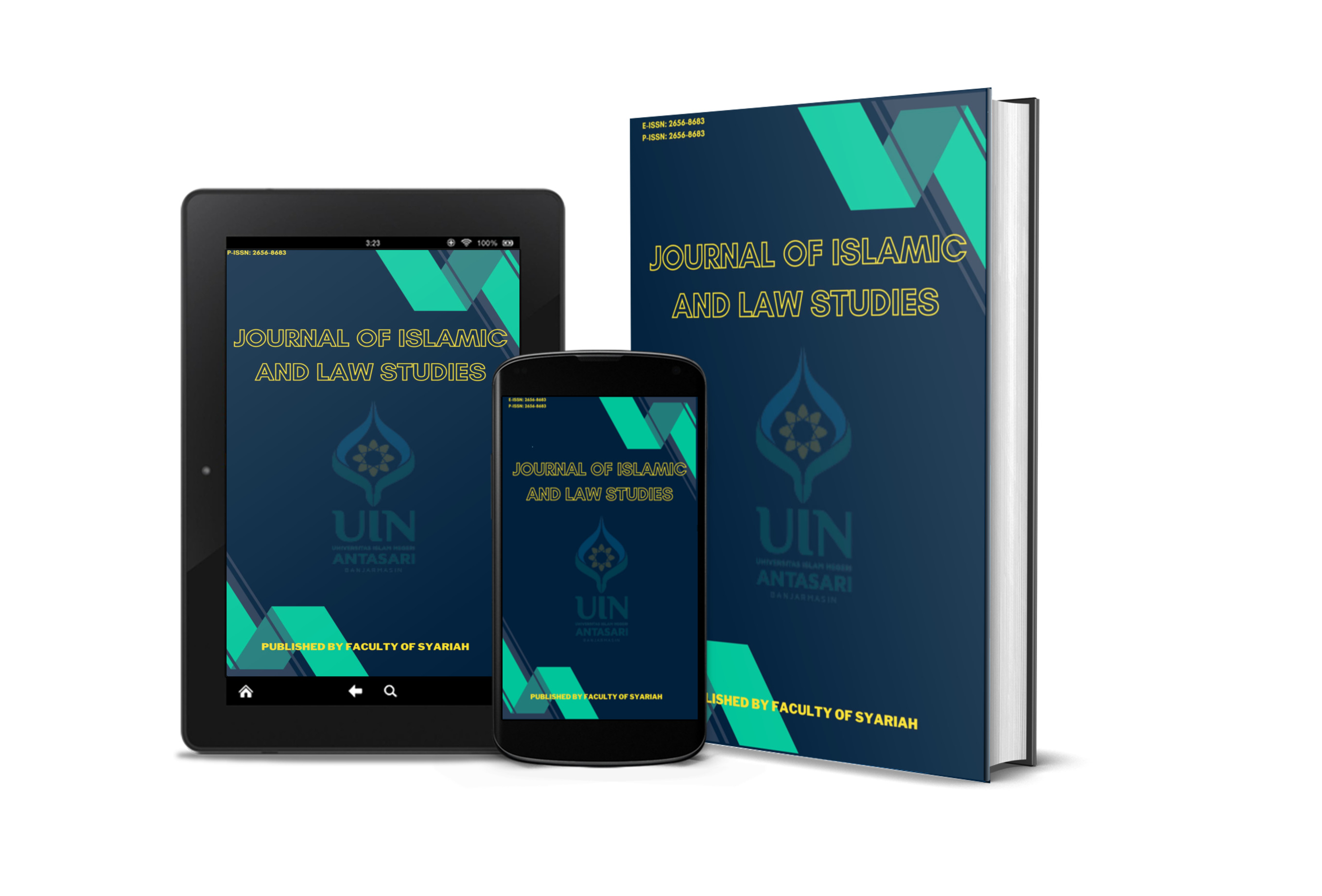Hukum Dan Politik Di Indonesia Pasca Kemerdekaan: Studi Kasus Pengadilan Agama Dan Pengadilan Adat
DOI:
https://doi.org/10.18592/jils.v5i3.5816Keywords:
Hukum, Pluralisme, Uniformisme, Nasionalis, Muslim.Abstract
Abstract: One of the important questions that arise after Indonesia's independence is: what law will be applied in Indonesia?. A long debate has come to the fore, involving various groups and views. Broadly speaking, as described by the authors of this article, the debate can be divided into two broad blocks: the first block of debate between supporters of pluralism and supporters of uniformism, and the second block of debate between secular nationalists and Muslims. Abstrak: Salah satu pertanyaan penting yang muncul setelah Indonesia merdeka adalah: hukum apa yang akan dipakai di Indonesia?. Perdebatan panjangpun muncul ke permukaan, melibatkan berbagai macam kelampok dan pandangan. Secara garis besar, seperti yang dijabarkan oleh penulis artikel ini, perdebatan tersebut bisa dibagi meniadi dua blok besar: blok pertama perdebatan antara pendukung pluralisme dengan pendukung uniformisme, dan blok kedua perdebatan antara nasionalis sekuler dengan Muslim.References
Ball, Jhon. Indonesia : Law Commentary and Teaching Materials. Sydney: Faculty of Law, University of Sydney, n.d.
Christelow, Allan. Muslim Law Courts and The French Colonial State in Algeria. New Jersey: Princetown University Press, 1985.
Djojodigieono, M.M. Adat Law in Indonesia. Jakarta: Djembatan, 1952.
Gautama, Soedarto. “Law Reform of Indonesia.” Rabel Zeithschrift 26 (1961): 535–553.
Gouwgioksiong. “The Marriage Law of Indonesia with Special Reference to Mixed Marriages.” Rabel Zeithschrift 28 (1964).
Hazairin. Hukum Kekeluargaan Nasional. Jakarta: Tintamas Indonesia, 1982.
de kat Angelino, A.D.A. Colonial Policy. Edited by M. Nihjoff. 2nd ed. The Hauge, 1955.
Kosnoe, Muhammad. “Hukum Adat Dan Pembangan Hukum Nasional.” Hukum dan Keadilan 2, no. 3 (1970).
Kusumaatmadja, Mochtar. “The Role of Law in Development : The Need for Reform of Legal Education in Devloping Countries.” In Role of Law in Asian Society, 1973.
Lev, Daniel S. Islamic Courts in Indonesia. Barkeley: University of California Press, 1972.
———. “Judicial Unification in Post Colonial Indonesia.” Indonesia 16 (1973):
———. “The Lady and The Banyan Tree : Civil Law Change in Indonesia.” American Journal of Comparative Law 14 (1965): 282–307.
Lukito, Ratno. “Law and Politics in Post Independence Indonesia : A Case Study of Religious and Adat Courts.” Studia Islamika VI, no. 2 (1999): 63– 86.
Noeh, Zain Ahmad, and Abdul Basith Adnan. Sejarah Singkat Pengadilan Agama. Surabaya: PT Bina Ilmu, 1983.
Noer, Deliar. The Administration of Islam. New York: Cornell University, 1978.
Simorangkir, B. Adat vs Emansipasi. Jakarta: Sinar Harapan, 1968.
Soenaryati Hartono, C.F.G. Politik Hukum Menuju Satu Sistem Hukum Nasional. Bandung: Penerbit Alumni, 1991.
Subekti, R. Law in Indonesia. Jakarta: Yayasan Proklamasi, Center for Strategies and International Studies, 1982.
Tafal, B. Bastian. “Pengadilan Agama.” Hukum Nasional 2, no. 7 (1976): 96.
Takdir Alisjahbana, Sultan. Indonesia: Social and Cultural Revolution. Kuala Lumpur: Oxford University Press, 1966.
Thalib, Sajuti. Politik Hukum Baru. Bandung: Binacipta, 1987.
Wignjosubroto. Dari Hukum Kolonial Ke Hukum Nasional. Jakarta: Rajagrafindo Persada, 1994.
Downloads
Published
Issue
Section
License
Authors who publish with this journal agree to the following terms:
- Authors retain copyright and grant the journal right of first publication with the work simultaneously licensed under a Creative Commons Attribution License that allows others to share the work with an acknowledgement of the work's authorship and initial publication in this journal.
- Authors are able to enter into separate, additional contractual arrangements for the non-exclusive distribution of the journal's published version of the work (e.g., post it to an institutional repository or publish it in a book), with an acknowledgement of its initial publication in this journal.
- Authors are permitted and encouraged to post their work online (e.g., in institutional repositories or on their website) prior to and during the submission process, as it can lead to productive exchanges, as well as earlier and greater citation of published work.




